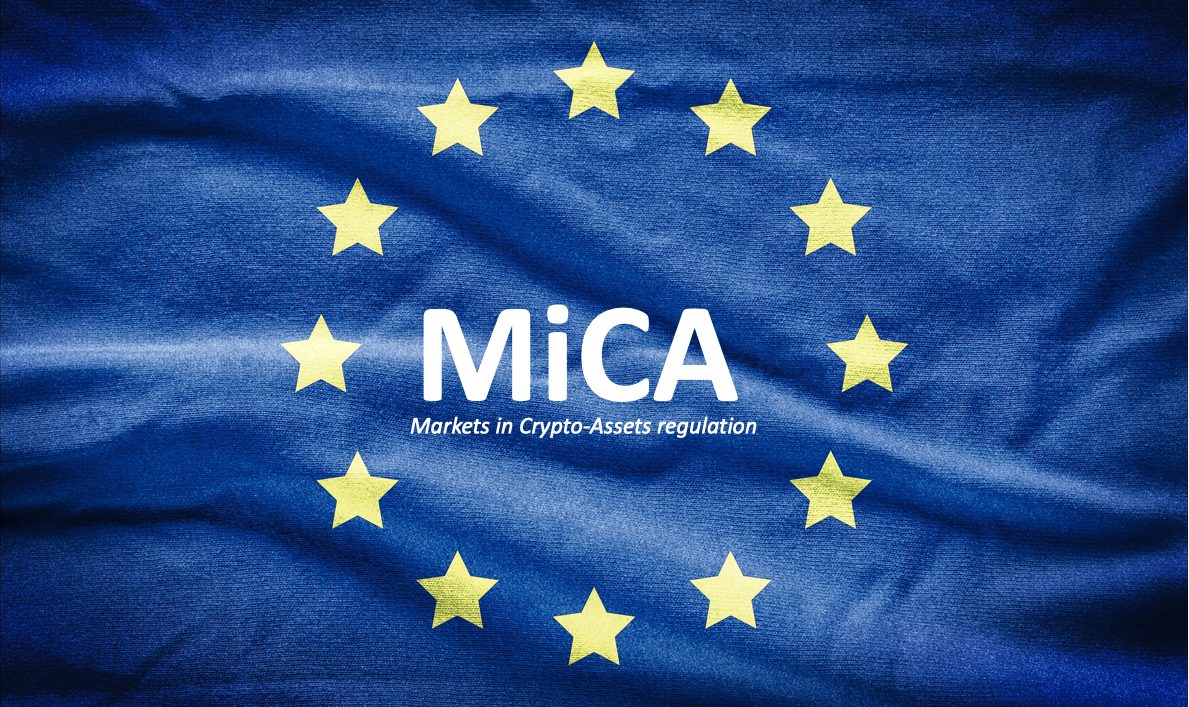Cryptoassets: the framework is tightening up

The joint committee has reached a compromise on the legal framework that will apply to crypto players from 1 July 2023. They will now be required to undergo enhanced registration, but not a stricter licence.
FACTS
-
Members of parliament and senators working on the issue have agreed in principle to strengthen the registration that digital asset service providers (DASPs) in France already have to apply to the Autorité des marchés financiers (AMF).
-
The enhanced registration requirement will apply from 1 July 2023 for new entrants to the market, who will no longer be able to launch their activity on the basis of a simple declaration as their predecessors did.
-
Simplified registration, as it currently exists, has been granted to over 60 players in France to date, including Coinhouse and the giant Binance.
-
However, none of the players are licensed, which is much more difficult to obtain. It requires meeting capital requirements (50,000 to 150,000 euros) or having a civil liability insurance policy, which guarantees the customer in case of problems.
-
In addition to the tightening of conditions to become a PSAN in France, multiple chains of control have been imposed on the crypto-asset sector. In addition to MiCA regulation, the EU also wants to make it harder for banks to hold crypto-currencies by imposing a disproportionate risk weighting (1,250%) on banks.
-
The joint committee's text will be examined one last time in the Senate on Thursday 16 February, before the National Assembly on Tuesday 28 February.
CHALLENGES
-
Not nipping innovation in the bud: The idea of a binding authorisation, which would require platforms to provide greater guarantees of the capital they have at their disposal, has been ruled out at this stage. However, such a system will be adopted by October 2024 at the latest, as required by the draft European Markets in Crypto-Assets (Mica) Regulation. If this measure had been put in place as early as 2023, as the Senate wanted, it would have made France one of the strictest jurisdictions in the world vis-à-vis cryptoassets. This would have led some players to flee the country.
-
A balance between positions: At the end of their working session on 9 February, parliamentarians argued that the agreement reached between representatives of the two chambers "makes it possible to propose a more favourable framework for savers, without hampering financial innovation".
MARKET PERSPECTIVE
-
The European Union is postponing the European Parliament's vote on the MiCa regulation on crypto-currencies until April. The adoption of the regulation had already been postponed for the first time to February 2022. For several months, the European Council and the Parliament have been agreeing on the latest version of the MiCa regulation that will serve as the legal basis for crypto-currencies in Europe. It has finally been postponed to April 2023. The delay is justified by technical problems, notably the translation of the regulation within the European Union.
-
In a speech defining the position of the Italian Central Bank, Ignazio Visco explains:
"The Bank of Italy is focused on the need to identify the areas in which the new distributed ledger technology can contribute to the overall stability of the financial system. (...) We are also working on the development of technological solutions, and on the definition of a comprehensive framework of standards at European and global level, to facilitate the safe use of DLTs and their applications. (...) We have also started the processes related to the authorisation and supervision activities foreseen by the MiCA Regulation."
